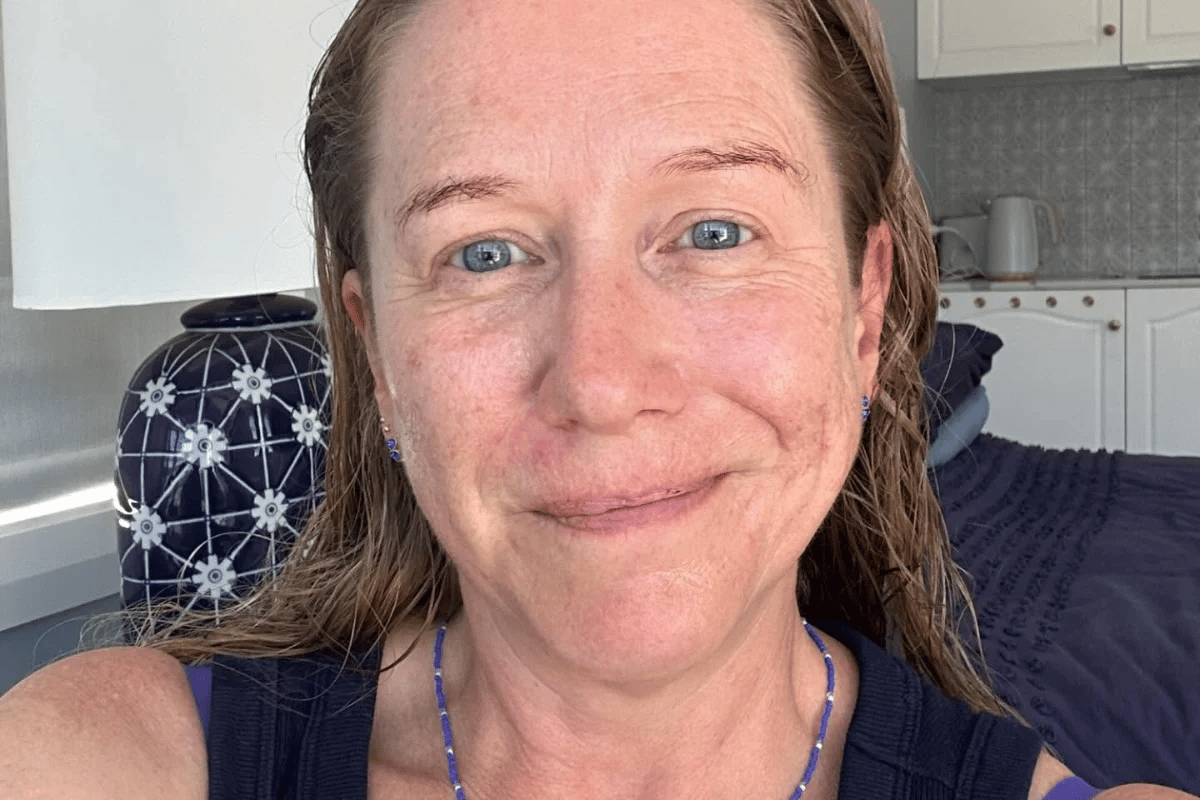
If you want to support independent women's media, become a Mamamia subscriber. Get an all-access pass to everything we make, including exclusive podcasts, articles, videos and our exercise app, MOVE.How do you feel about death?
Yeah, hi, we're skipping small talk today.
In fact, let's get to it.
What are your bank account details? Phone password? Do you have a gym membership? What's the number?
Why am I asking you such invasive questions? Well, as you might already know very well, even in the face of the Great End, the "two types of people" cliche still seems to hold true.
There are the Swedish Death Cleaners, who are busy making sure everything is in order well before they go — maybe well, well before they go — downsizing, decluttering, getting things in order, making sure everyone knows what they want to happen, when the worst does. And there are the Ride On Regardless people, who don't want to talk about it, and who will live exactly the way they please until they are no longer able. And if that makes or leaves a little chaotic mess, so be it.
If you are in the painful and poignant vicinity of beloved elderly or ailing family or friends, you might recognise these camps, and you might wish the latter was the former and maybe the former was a little more the latter.
Watch: The 'brain vomit' technique for nighttime worrying. Post continues after video.





























































































